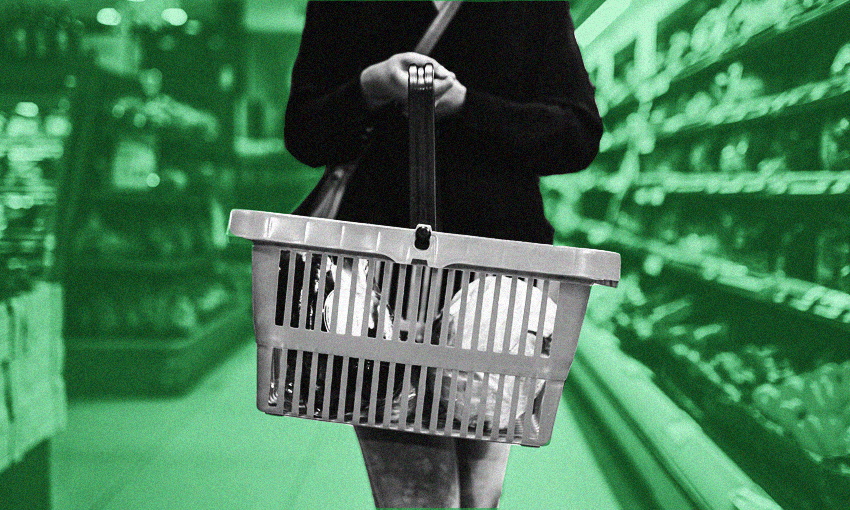Our beginner’s guides are quick and simple explainers on everyday money topics hitting headlines right now. This week, we ask: what the hell is inflation?
Inflation is a term that gets bandied about every so often in the news, most recently in light of Statistics NZ reporting a 0.8% increase for the March quarter and a 1.5% increase for the year overall. If you’re not really sure what that means, join the club and read on.
Firstly, what is inflation?
Inflation is a term used to describe the rise of prices for goods and services. It means money loses its value, resulting in consequences like a higher cost of living. Two litres of milk in 1975, for example, used to cost around $1.28 in today’s money. Now, it costs around $3.50 for a standard carton from the supermarket. That price level increase is what economists call inflation.
What causes inflation?
Like most things in economics, inflation is a complex concept with multiple drivers behind it. But the underlying cause of inflation, according to the Reserve Bank of New Zealand (RBNZ), is usually because there’s too much money available to purchase too few goods and services, or because demand in the economy is outpacing supply.
An example of this would be if the central bank flooded the economy with more money and salaries went up. All else being equal, the extra money in consumers’ pockets would increase their desire to buy things, leading to rising demand that outpaces supply. A famous instance of this occurring is after World War I in Weimar Germany, when the government at the time started printing more money to boost an economy crippled by reparations. This led to out-of-control inflation that eventually rendered the German mark basically worthless.
Why is inflation important and how does it affect me?
Unless you’re a wholly self-sustaining individual with no need to buy or sell anything to live, inflation is something that affects us all. As the New Zealand Institute of Economic Research (NZIER) explains, inflation affects how much your money today can buy in the future. For example, if you have $1 and an apple costs $0.50, you have enough money to buy two apples. But when the price of apples doubles to $1 due to inflation, you only have enough money for one apple. Therefore, your purchasing power has fallen. And because inflation essentially “erodes the value of savings”, it’s important to manage it to try to keep it to low levels in order to prevent massive disruptions to how we save and spend.
So how is inflation managed?
Inflation is primarily managed by the RBNZ, which aims to keep inflation between 1% and 3%. It will tend to do this by raising interest rates. For a more detailed overview on how “inflation targeting” works, you can read the RBNZ’s explanation here.
What about the CPI? What is it and how is it related to inflation?
The CPI, or Consumer Price Index, is a measure of inflation. It basically records changes in the prices of goods and services New Zealand households buy. A fixed “basket” of items is used to calculate the CPI, which are chosen for “their relative importance based on spending patterns”. The items in the CPI “basket” represent how New Zealand households spend their money. These goods and services encompass 11 groups, which include food, housing, utilities, healthcare, clothing and communication. Weightings are attached to the price of each good, so goods that are bought frequently or in large quantities (eg electricity) have greater weight than goods bought less frequently (eg TVs).
What are the pros and cons of inflation?
Inflation can have a range of negative consequences, especially if wages fail to keep up with the increased cost of living. This is something New Zealanders have complained about for a long time, particularly when it comes to housing, as wage rises have struggled to follow suit. That’s hit our lowest-income households the hardest, and the latest figures released last week suggest things aren’t getting any better any time soon. The Council of Trade Unions noted that big rises for essentials like groceries and early childhood education were being offset in the headline figures by falls in prices of more discretionary spending, like those consumer electronics.
With that said, inflation isn’t always a bad thing: a stable economy needs a stable level of inflation, with moderate inflation a sign of a healthy and growing economy. It’s also preferable to deflation (which is when the purchasing power of money increases and the price of goods and services declines) since it could potentially lead to a recession.
